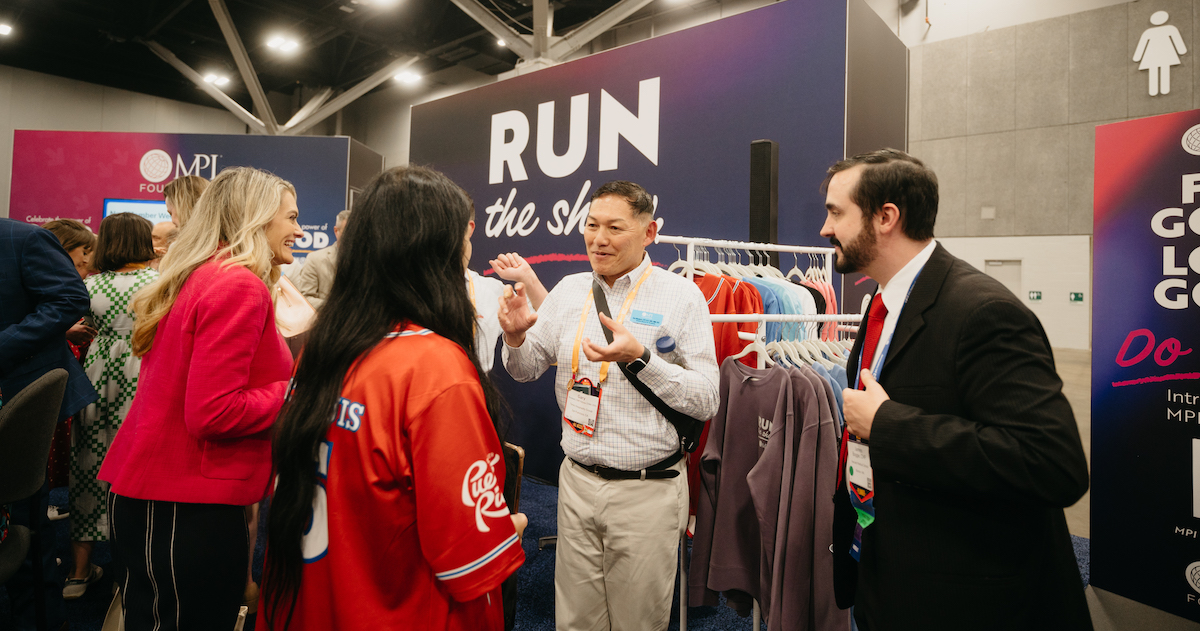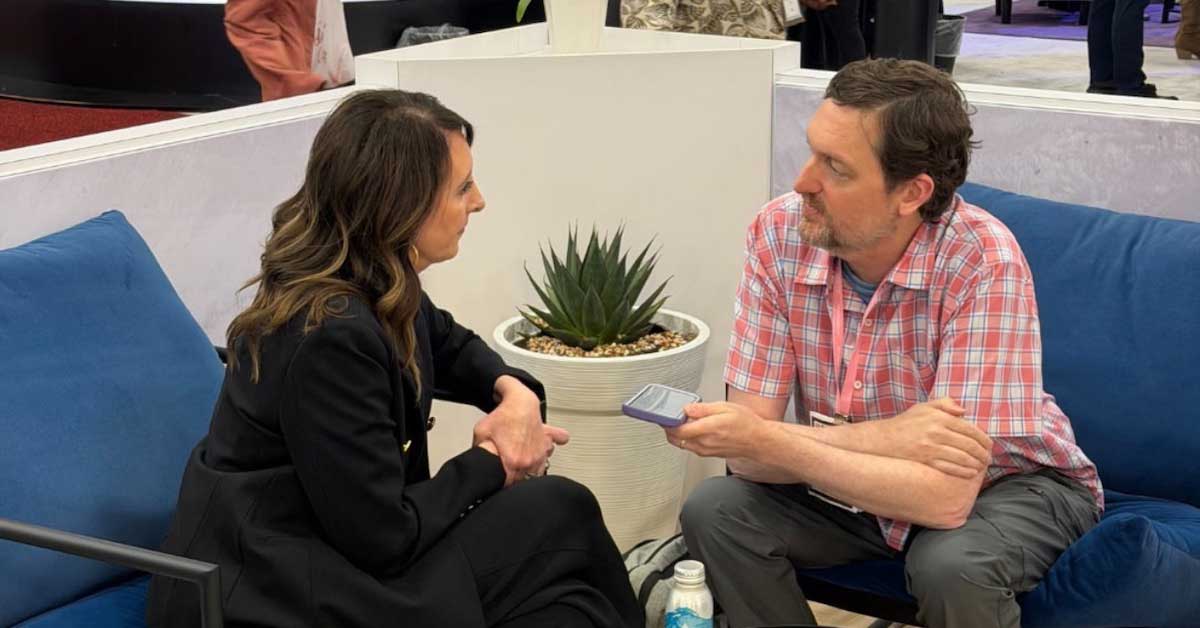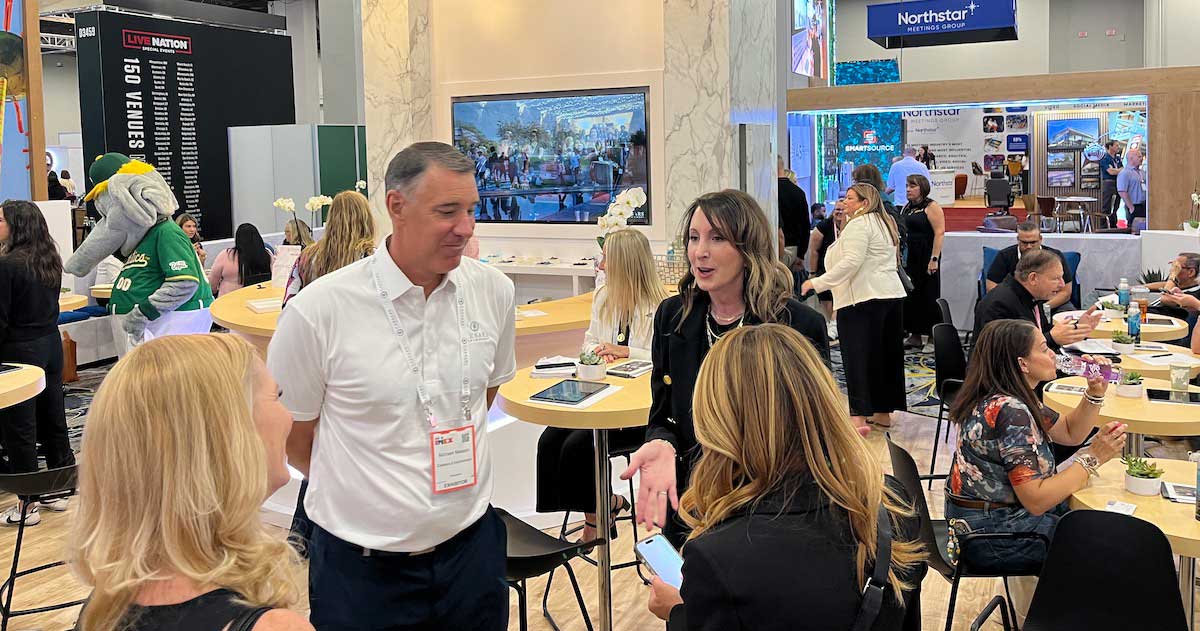“We’re letting the current climate dictate the limits of what we are permitted to do right now, but these circumstances are not limiting our creativity.”
Learn more thoughts from these meeting professionals and their colleagues from around the world in our “State of the Industry” report in the May issue of The Meeting Professional magazine.
-(1).tmb-medium.jpg?Culture=en&sfvrsn=90ab3900_1) |
 |
 |
|
“We’ve learned some major lessons from the coronavirus in a short time. First and foremost, I think staying lean is going to be imperative to businesses of all sizes going forward. In unpredictable times, agility and the ability to pivot quickly are crucial. Headcount will be harder to get approved. Because of this, organizations need to create a culture and infrastructure where freelance talent can thrive. This requires having the technology, communication methods and strategy in place for remote workers. The good news is that a lot of companies learned how to do this in response to the coronavirus. Blended workforces are the norm in the most innovative industries. Another benefit to leveraging contingent workforces is diversity of thought. Innovation happens through collaboration of many different minds.” Tracy Judge, MS, CMP |
“Puerto Rico was the first U.S. territory or state to implement a curfew, and San Juan Luis Muñoz Marín International Airport was the first in the U.S. to implement thermographic cameras to monitor temperatures of inbound passengers. Although some measures may be difficult in the short term, the long-term outlook for our island should include a rebound in tourism that is quicker and more impactful to our economy than those destinations that implemented these measures later. Secondary comes ensuring your destination or business remains top-of-mind through hardships, as there will be a time when we are able to travel again. As appropriate, it’s important to ensure travelers remain aware of what makes your destination special. We are doing this in unique ways, including sharing our beloved coffee with planners and offering virtual getaways through our social channels. We’re letting the current climate dictate the limits of what we are permitted to do right now, but these circumstances are not limiting our creativity.” Brad Dean |
“Mobilization is crucial in order to limit the economic damage in our sector. It results in several actions. Avoid canceling an event, but rather postpone it. Set a new date within a reasonable time. Notify exhibitors and providers about the deferral—the contract is suspended until the scheduled date and the payments are kept. Negotiate with exhibitors who invoke an impediment for the deferral period. Provide access to currently closed event infrastructures. Many managers are offering to open their doors to the health authorities in order to make up for the lack of space they will potentially face. These site managers are available, upon administrative request, in order to fix the terms and conditions related to the reopening of these sites in order to cope with this matter. Participate in the management of the crisis and the maintenance of economic activity thanks to the varied operational skills of our métiers (trades) in particular in terms of security, transportation, temporary development and flow management.” Gérard Réus, CED, DES, SEPC |
Coronavirus Dialogue Series: Event Risk Management in a Post-Pandemic World







